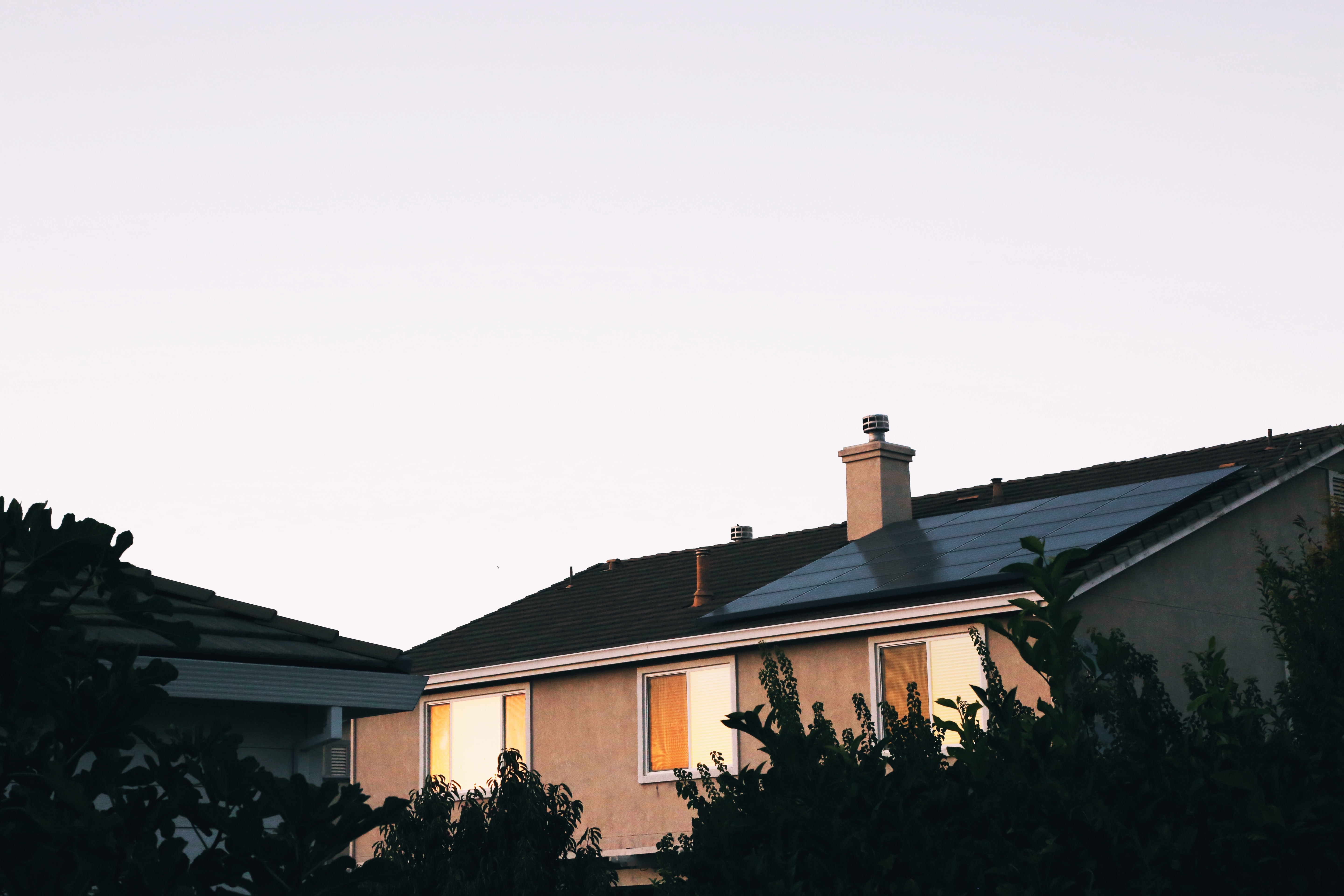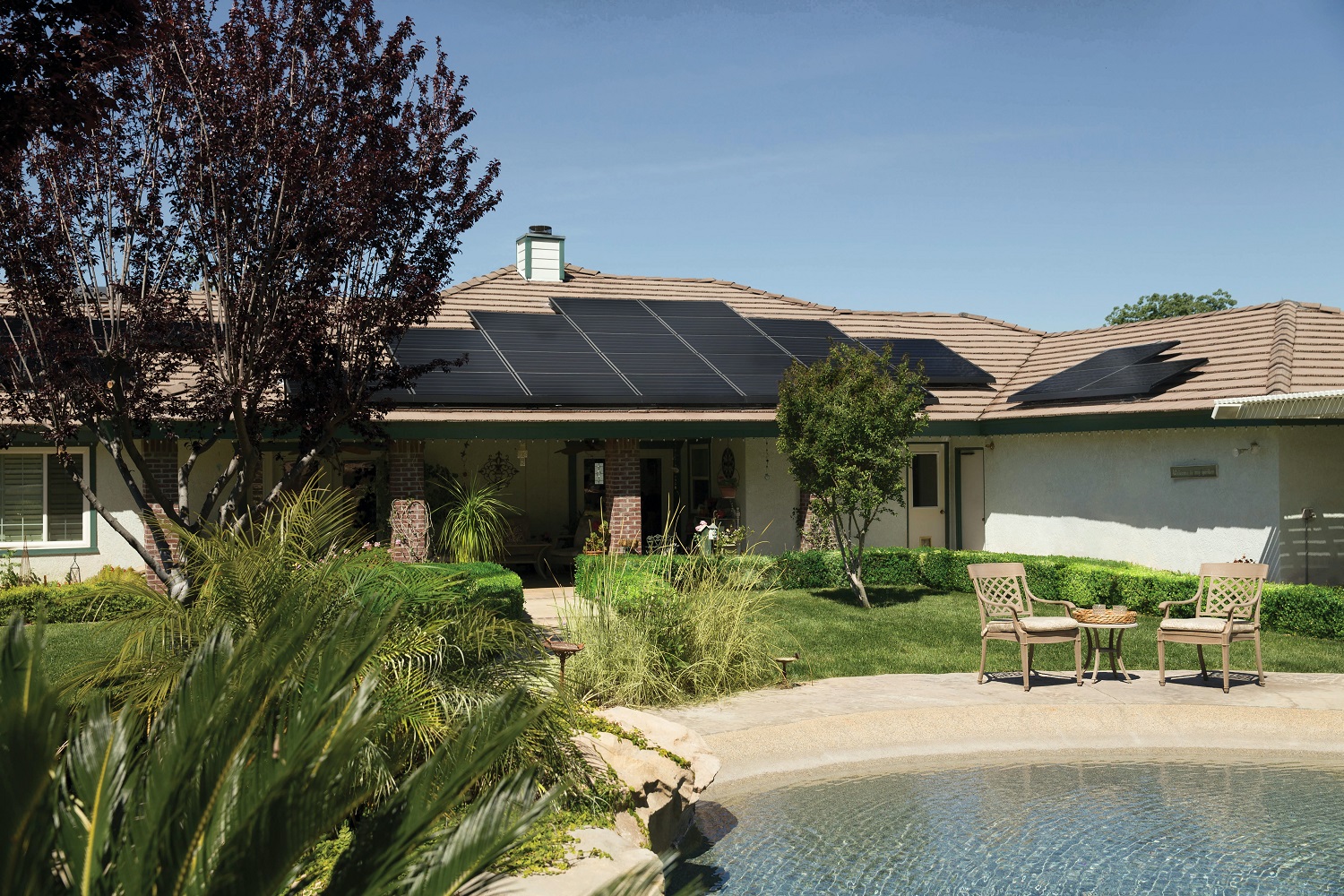By transforming light from the sun into electricity, solar power runs. When it is not required, this energy can then be used in your home or exported to the grid. This is achieved by installing solar panels that produce D.C. (Direct Current) electricity on your roof.
This is then supplied into a solar inverter that transforms the D.C. electricity into A.C. (alternating current) electricity from your solar panels. For many households, the increasing energy cost from conventional sources makes solar installation seem like a no-brainer.
Learn how your energy bill, place, and rewards will affect your wallet over time before you leap. Here is some of the most relevant data you need to determine whether you're going to save more than you consume on solar panels.

How Solar Panel Works?
When solar panels are placed on your roof and start producing electricity, a few steps are needed to transform it into energy used by your house. They create direct current (D.C.) electricity when the sun hits the solar panels, where the electrons move in one direction around a circuit.
It must be converted from D.C. electricity to alternating current (A.C.) electricity, where the electrons are pushed and pulled, for your home to use this energy. You can also have a solar inverter mounted when you have solar panels installed in your house.
The solar inverter converts the solar panels' D.C. output into A.C. energy that your home can use.
Excess Solar Power
Do you wonder where the energy goes when your solar panels generate more energy than your home requires at any time? The energy is sent back to the power grid, and on your electricity bill, you get credit for it.
This system is named net metering, and it's one of the essential things about solar energy. In turn, via the meter on your house, your roof generates electricity and sends the surplus back into the electric grid.
This enables you to benefit from all the energy generated by your home. You can use the energy credits from your surplus energy to reduce your energy bill when your home needs more power than your solar panels generate.
How Solar Panels Save You Money?
A quick answer to the question, "Do you really save money on solar panels?" is yes, you can save. That being said, how much you're going to save depends on a variety of considerations.
It is crucial to have direct daily sunlight hours and the size and angle of your roof, but local electricity prices play the most significant role in deciding how much solar can save you.
With so many trendy investment options available in today's day and age, it's easy to be wary of new technologies that boast claims of "saving you tons of money."
Solar panels are no different. One of the biggest attractions and selling points for solar as a product and home upgrade is saving money by reducing your energy bill.
Calculating How Much You Save
The first step in realizing how much you can save from solar is to measure how much you spend on energy per year at the moment. The average annual use of electricity available for a U.S. household, for instance, is 10,972 kilowatt-hours (kWh).
Multiply this by the National Average Electricity Cost as of April 2020 ($0.1328 per kWh). You can find that just over $1,450 a year is spent on electricity alone by the typical American family.
Then the unpredictable existence of energy prices must be understood, and you must decide what service rates will be in years to come. You should bear in mind that you would expect energy prices to rise annually when you compare the price of utility electricity with home solar.
National Energy Prices have risen at a rate of about 2.2 percent per year over the past decade. Inflation of the utility rate is an additional benefit for solar. When you produce your own electricity with a rooftop P.V. device, you lock up energy prices at a fixed rate such that variable utility rates no longer have to be considered.

Conclusion
Inevitably, a solar panel system can create significant savings for homeowners regardless of whether you're looking at finances or carbon emissions. 20-year energy savings from solar can be considerable, ranging from the low end of $10k to almost $30k, as the first data table reveals.
The primary determining factor would be the energy rate, which varies greatly depending on where you live. Nevertheless, if you live in a state with middle- to upper-level utility rates, a reasonable rule of thumb is that solar would be a risk-free investment with significant returns.







